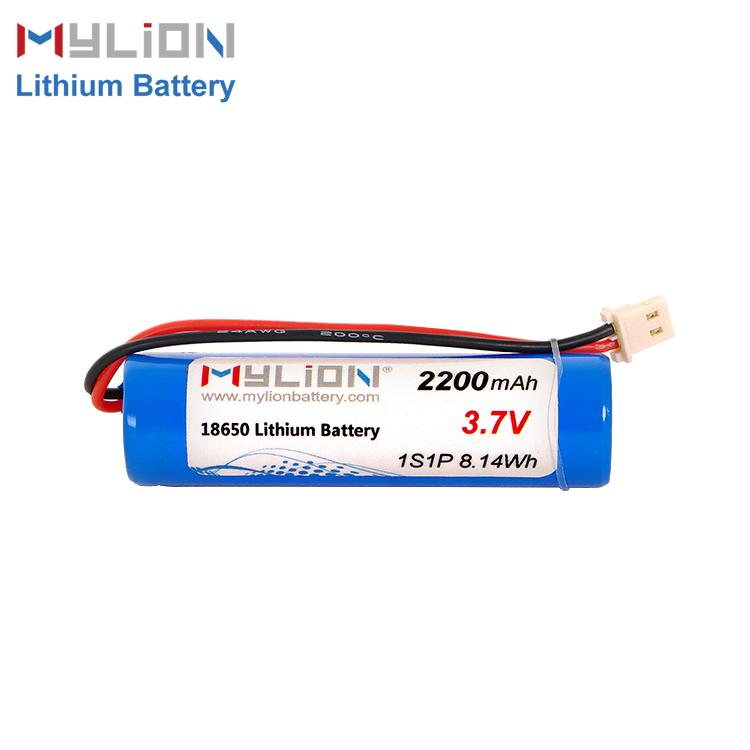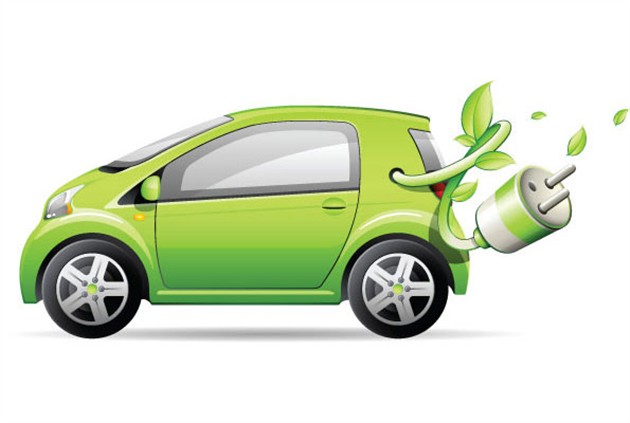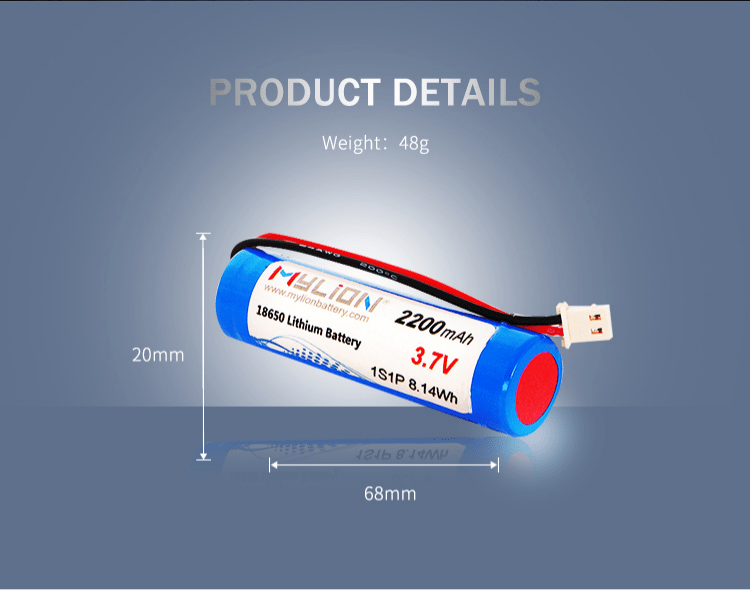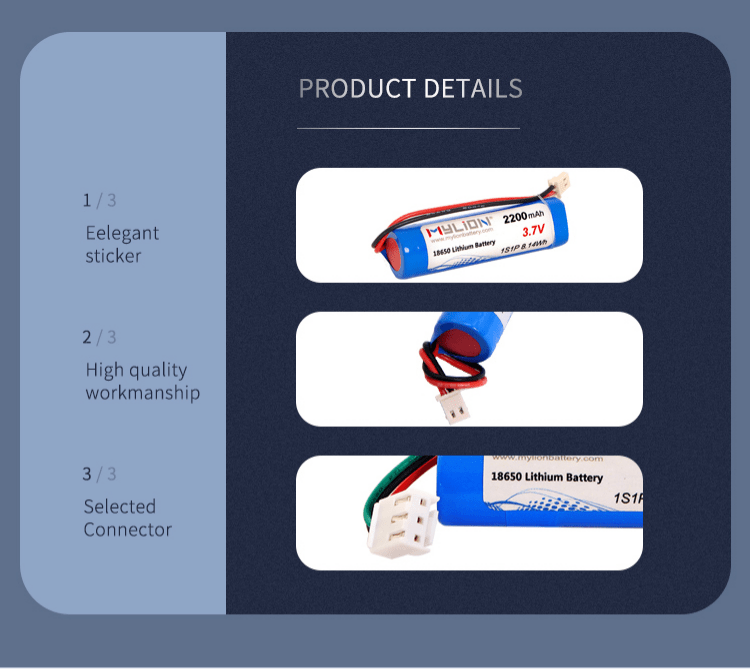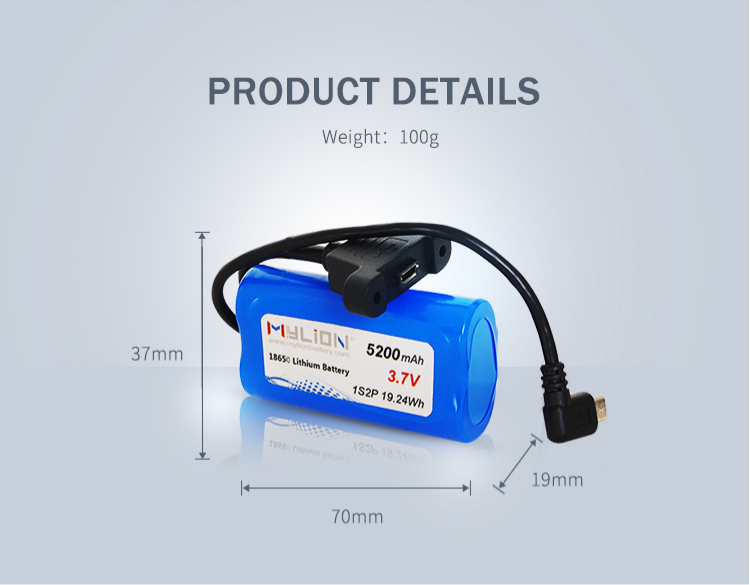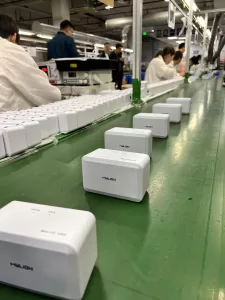Friends who buy electric vehicles have heard of the name of the ternary lithium battery, which is commonly used by Beiqi New Energy, BYD, and Tesla. So, why is a ternary lithium battery called a ternarylithium battery? Which ternary does the ternary refer to? What is the relationship between the three elements? Today we will solve this question.
Why is it called a ternary lithium battery? Which ternary?
The full name of the ternary lithium battery is “the lithium ion secondary battery using ternary polymers such as nickel cobalt manganese lithium or nickel cobalt aluminum aluminate as the cathode material”. ), manganese (Mn) or aluminum (Al) polymers of three metal elements are used as positive electrodes in ternary lithium batteries; lithium refers to the electrolyte whose electrolyte is mainly lithium hexafluorophosphate, and the negative electrode material is generally graphite.
About the naming of lithium batteries
There are two common names:
① Named after the most important element in the battery.
② Named after the core reaction mechanism or characteristics of the battery, such as a flexible battery that emphasizes foldable characteristics
Since the cathode material in lithium batteries often determines its energy density, this is the most important feature for lithium batteries, so the name of the cathode material is the most common. We often say that the ternary lithium battery, lithium iron phosphate Batteries fall into this category.
What is the relationship between the three elements?
The reason why ternary lithium has been promoted is of course not only because the name sounds good and easy to remember, but also because the polymer of the three metal elements of nickel, cobalt and manganese (or aluminum) plays a huge role inside the battery. So, what role do these three metal elements play?
1.Nickel cake
Nickel is an active metal in the subgroup. Its main function is to increase the volumetric energy density of the battery. It is the main breakthrough to increase the cruising range. However, too much content will cause nickel ions to occupy the position of lithium ions (mixed nickel- hydrogen ), resulting in a decrease in capacity.
2. Cobalt powder
Cobalt is also an active metal in the subgroup, which can inhibit the mixing of cations, thereby improving the stability and prolonging the life of the battery. In addition, it also determines the charging and discharging speed and efficiency (rate performance) of the battery. However, an excessively high cobalt content will cause the actual capacity to decrease.
3. Aluminum or manganese
The role of manganese or aluminum is to reduce material costs. After all, the nickel and cobalt mentioned above are very expensive and rare metals, and can improve the safety and stability of the battery.
In the cathode material of ternary lithium battery, the three metal elements of nickel, cobalt, and manganese (or aluminum) are indispensable. One more or one less will affect its final performance or fail to make a battery, but we can make it according to our own needs. , Properly adjust the mixing ratio (molar ratio) of nickel, cobalt, and manganese (or aluminum) in the lithium battery to make the lithium battery show different characteristics.
How can I mix nickel, cobalt and manganese (or aluminum) to make me run farther?
Nickel is the element that determines the energy density of a ternary lithium battery. If you want to go further, increase its content; if you want a ternary lithium battery to be cheaper, you can increase the ratio of manganese to aluminum.
According to the different mixing ratios of the three elements of nickel, cobalt, manganese (or aluminum) in the cathode material, we can divide the ternary lithium battery into different systems:
For example, the ratio of nickel: cobalt: manganese is 1:1:1 333 system; Or 8:1:1 high nickel 811 system, etc.
A brief summary is that the higher the first number, the farther you run, but the higher the cost, the lower the safety; the higher the last number, the closer you run, and the cheapest.
If you want to go further and be safer, it is necessary to increase the ratio of nickel and cobalt in the ternary material. However, you must also bear the safety hazards brought by the active nickel chemical properties and the high cost brought by the rare metals of cobalt. You can not have it both ways.

